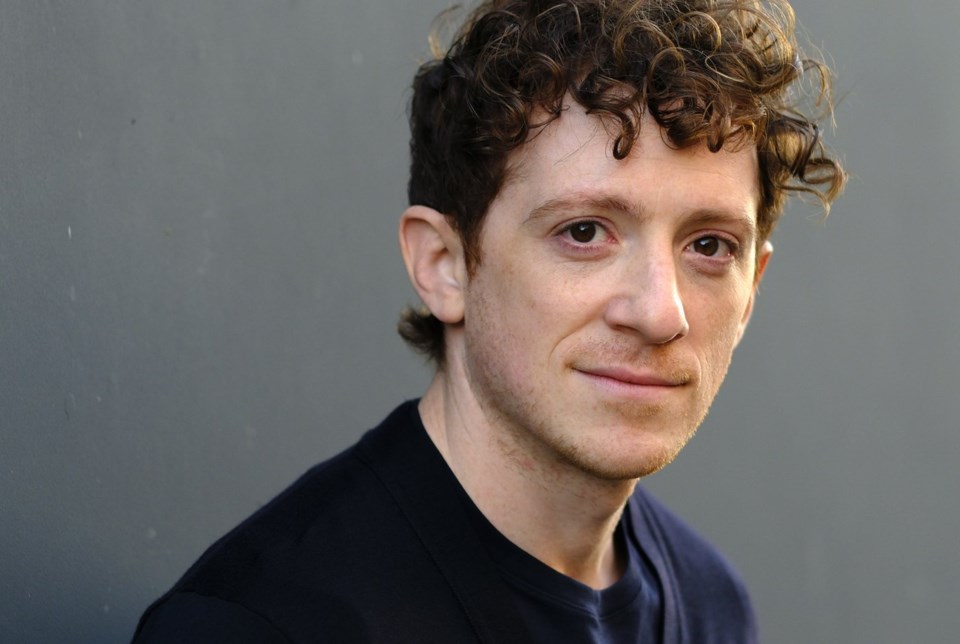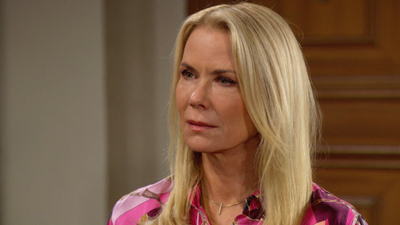It can be hard for adults to find a balance in life. Often, it may feel like it's all work and no play. However, those who manage to incorporate recreational activities into their routine tend to be happier—especially if it involves a sport they've played since childhood.
Recent research published in the revealed that people who continually play a sport until they are 18 reported fewer symptoms of depression and anxiety. The study's findings resonate with many who have experienced the benefits of sports. interviewed Lea Marcantoni, 22, and Elizabeth Frasco, 36, both of whom shared examples of how sports can enhance mental health.
The study used data from the 2018-19 National Sports and Society Survey (NSASS), which provides detailed information on almost 4,000 U.S. adults' sports participation during childhood.
Respondents were categorized into three groups based on their sports experiences: People who quit sports had worse mental health than those who never played. Those who quit often cited relationship issues with coaches or teammates, which affected their mental health later on. Some organizational problems also mattered.
This suggests we need to improve both the social and organizational aspects of youth sports. Marcantoni, a university student in economics from Montreal, Quebec, provides a compelling example. A figure skater since age 3 who decided to quit skating after graduating high school at 17, her mental health rapidly declined as she faced online bullying, lead.


















